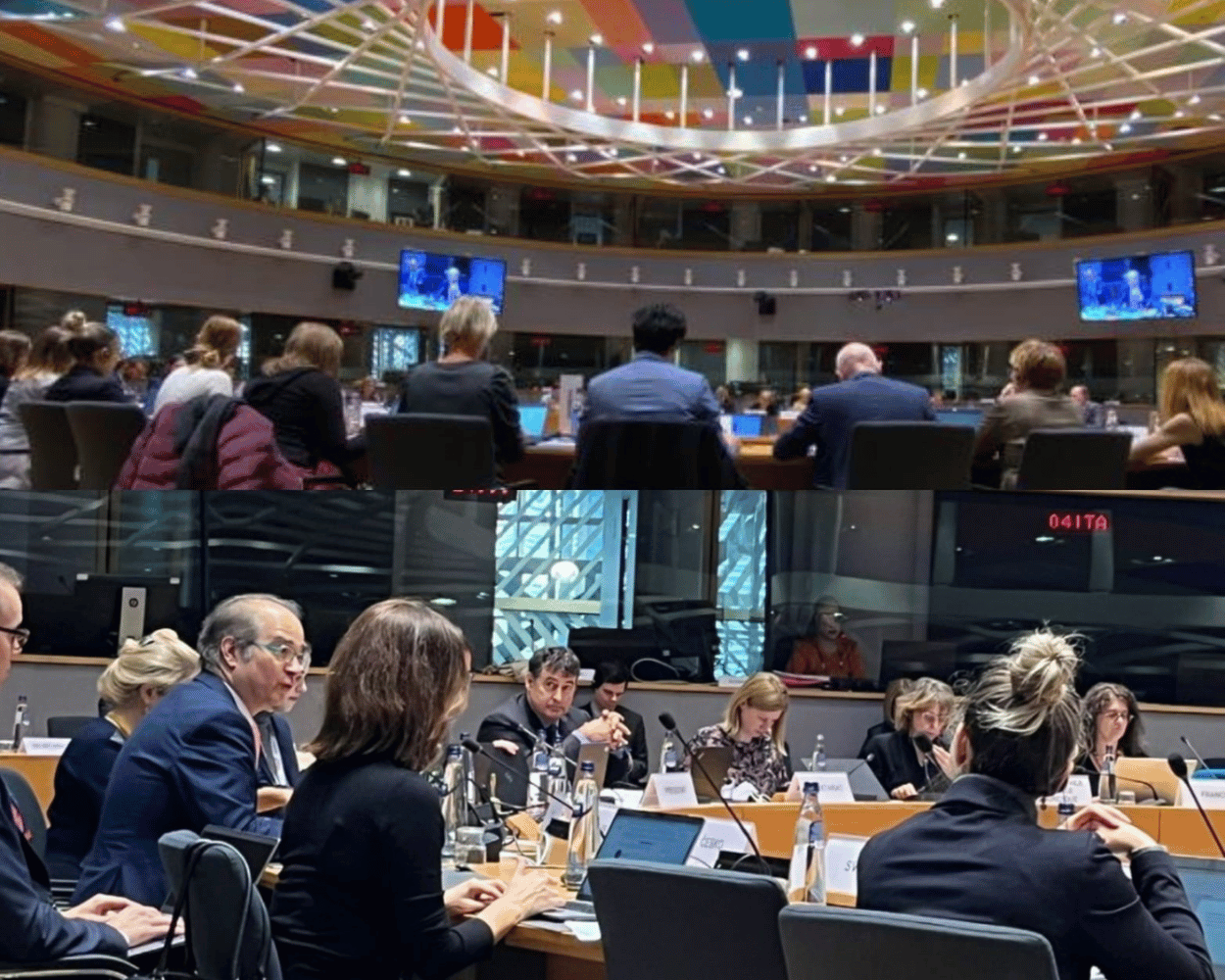SEED FUNDING JOINT PROGRAMMES
Cambodia
Transforming Cambodia’s food systems to become more sustainable, inclusive, and resilient


PROJECT TITLE | Transforming Cambodia’s food systems to become more sustainable, inclusive, and resilient |
| Context | Cambodia’s National Pathway is the outcome of an extensive consultation process, involving more than 2,000 people throughout thirty dialogues, which identifies four priority areas, namely healthy diets for all, empowerment of youth, women and vulnerable groups, resilient livelihoods and food systems, inclusive governance. Acknowledging the risks posed by climate change to hard won development gains and as a co-founder of the Alliance of Champions for Food Systems Transformation, Cambodia is prioritizing the integration of climate change and food systems transformation, building coherence across the agendas. The Council for Agricultural and Rural Development, the government agency coordinating food security and nutrition initiatives in Cambodia, is leading collaborative efforts to translate national aspirations into concrete action. |
| PUNOs | FAO, WFP, UNICEF |
| Contribution to SDGs | SDG 2 Zero Hunger |
| Contribution to other SDG transitions | Climate, biodiversity, pollution |
| Duration | August 2024 – July 2025 |
| Expected financial leverage | $3 million |
| Alignment with SG Call to Action | Policy integration; Food systems governance; Inclusive and participatory design; Private sector engagement |
| Outcomes | The Joint Programme fosters an enabling environment for food systems transformation by enhancing national capacities and policy frameworks, identifying opportunities to unlock financial streams, and strengthening advocacy efforts for food systems transformation. The JP provides crucial support to the alignment of the climate and food agendas, accelerating progress towards resilient, sustainable and inclusive food systems. |
| Partners | Council for Agricultural and Rural Development (CARD) will be the main government counterpart and will coordinate the government activities in conjunction with other key Ministries, including:
|
| Outputs |
|
The Hub briefs the EU Institutions in Brussels
Stefanos Fotiou, the Director of the UN Food Systems Coordination Hub, attended a series of meetings in Brussels, Belgium to brief the European Union (EU) Institutions on the work of the Hub.

The European Union (EU) Council.
On 24-25 November 2022, Stefanos Fotiou, the Director of the UN Food Systems Coordination Hub, met with the European Union (EU) Institutions in Brussels to provide updates on the current work of the Hub, including details on the programme of work, budget and preparations for the UN Food Systems Summit +2 Stocktaking Moment. Hub briefings were shared at the following meetings: the “Working Party on International Food and Agriculture Questions” of the EU Council; senior officials from the EU Commission (Directorate-General of Agriculture and Rural Development (AGRI), Directorate-General of Health and Food Safety (SANTE) and Directorate-General of International Partnerships (INTPA)); the “Agriculture, Rural Development and the Environment” Section of the European Economic and Social Committee.
